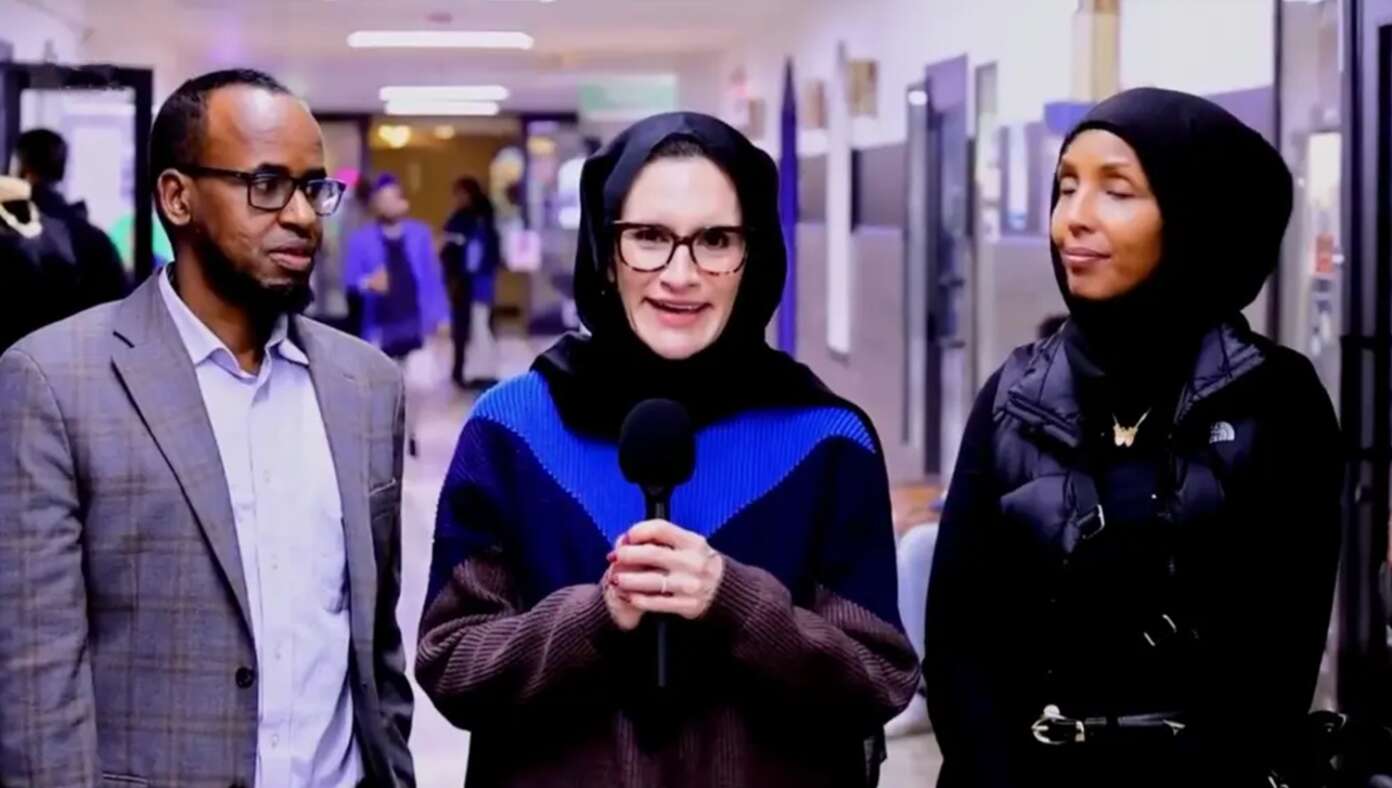On Monday, Judicial Watch released new emails involving former Secretary of State Hillary Clinton and the Benghazi controversy that had been covered up for years and that would have exposed Clinton's private email account if they had been released to Judicial Watch in a FOIA request win 2014. One long withheld email, which provides talking points for a call with senators and therefore fits the criteria of records concerning "talking points or updates on the Benghazi attack," should have been disclosed in 2014, but it was hidden from Judicial Watch for years.
"This email is a twofer – it shows Hillary Clinton misled the U.S. Senate on Benghazi and that the State Department wanted to hide the Benghazi connection to the Clinton email scheme," Judicial Watch President Tom Fitton said in a statement. "Rather than defending her email misconduct, the Justice Department has more than enough evidence to reopen its investigations into Hillary Clinton."
Following the terrorist attack in Benghazi in 2012, Hillary Clinton and other Obama Administration aides repeatedly blamed an amateur video, refusing to call the attack an act of terrorism. While Clinton made public statements linking the attack to the video, she emailed her daughter Chelsea blaming an "al Qaeda-like group" for the attack. In a call with Egyptian Prime Minister Hisham Qandil, Clinton said, "We know the attack in Libya had nothing to do with the film. It was a planned attack — not a protest."
The amateur video did trigger protests in Egypt and elsewhere, but the timeline of Clinton's statements suggests that she and other Obama officials crafted a narrative blaming the video for the attack in order to downplay the threat of terrorism and bolster Obama's re-election chances in November 2012.
The email Judicial Watch released Monday confirmed that Clinton was briefed on deceptive talking points for a meeting with senators that likely involved her blaming the attack on the video. Far more explosive, however, is the claim that Clinton's email scandal would have been revealed far earlier had the State Department not engaged in a cover-up.
Judicial Watch filed a FOIA request for documents related to Benghazi talking points in May 2014. The organization later filed a lawsuit demanding the publication of documents withheld.
According to Judicial Watch, "The Clinton email finally released this month was first identified by the State Department in September, 2014 but was withheld from Judicial Watch despite it specifically referencing talking points. After it was specifically described in an Office of the Inspector General report, the court ordered its production. It was only after Judicial Watch informed the State Department it was prepared to file a motion with the court to compel production of the records that the Department relented and produced the 2012 email in question."
It appears Clinton set up her infamous home-brew server partly to avoid the transparency mandated by law. U.S. District Judge Royce C. Lamberth ordered the State Department to produce the email on August 22, 2019. Last year, Lamberth denounced Clinton's private email server as "one of the gravest modern offenses to government transparency." He further pondered whether "the State Department's attempt to settle this FOIA case in 2014" may have been "an effort to avoid searching — and disclosing the existence of — Clinton's missing emails."
A Clinton spokesman confirmed the existence of the home-brew server in March 2015, and Judicial Watch claims its FOIA lawsuit led directly to this disclosure. Had the State Department turned over this newly uncovered email in 2014, the email scandal would have broken months earlier. This might have enabled a true competition in the 2016 Democratic primary — rather than the effective coronation of Hillary Clinton. Clinton's unpopularity — always high — hit a fever pitch in November 2016, bolstering the election of Donald Trump.
Ironically, it is plausible that Trump is president right now thanks in part to this cover-up.



No comments:
Post a Comment